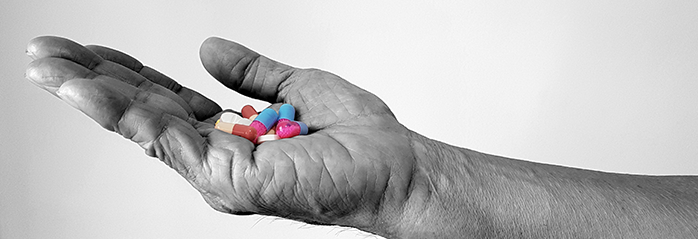Prescription drugs refer to a variety of medications prescribed to patients by healthcare professionals. These medications include narcotics, stimulants, and depressants and are used to treat a wide range of ailments and conditions.
Unfortunately, many prescribed medications come with the potential for abuse and addiction, leaving patients battling physical dependence and withdrawals. If you or someone you care about is battling an addiction or physical dependence on medication, our private prescription medication detox in Florida can help them recover.
Common Types of Prescription Drugs
Depressants
Central nervous system (CNS) depressants include medications that suppress or reduce certain functions in the brain and body. Commonly prescribed depressants include:
- Benzodiazepines: Also known as benzos, these medications are commonly used to treat panic disorders, muscle pain, seizures, and sometimes alcohol detox symptoms. Common benzos include Xanax, Ativan, Valium, and Klonopin.
- Barbiturates: This classification of depressants includes the medications Nembutal, Seconal, and Amytal, some of which can be taken orally or intravenously. Barbiturates are normally prescribed to treat migraines, insomnia, and seizures.
- Sleep medications: Commonly used sleep aid medications include Lunesta, Ambien, and Sonata. These are normally taken to treat sleep-related disorders like insomnia or night terrors.
Opioids/Narcotics
Opioids, or narcotics, are among the most potent, addictive, and commonly used drugs in the medical field. These are powerful medications used to treat moderate to severe or chronic pain. Below are common types of opioids and their uses.
- Fentanyl: Fentanyl is an extremely potent opioid that’s used to treat severe chronic pain. Unfortunately, it’s responsible for a great number of overdose deaths in the U.S. and is often used for lacing other illicit substances.
- Codeine: Codeine is a pain medication often used to treat mild to moderate pain. It’s among the more common opioids and is often taken in the form of cough syrup.
- Methadone: This opioid is used to treat moderate pain as well as the symptoms of heroin withdrawal.
- Morphine: Morphine is generally used to treat severe pain in a hospital setting or used during hospice to make the patient more comfortable. Like other opioids, morphine is addictive and can be life-threatening if taken with other depressants.
- OxyContin: OxyContin is the brand name for the opioid oxycodone, which is commonly used in combination formulations to treat moderate to severe pain. This is another highly addictive opioid and is recognized for its strong association with heroin abuse.
- Hydrocodone: Hydrocodone is another commonly misused opioid and one that, like others mentioned above, is prescribed to treat moderate to severe pain.
Stimulants
CNS stimulants excite brain functions and increase energy and mood. Common stimulants include:
- Amphetamines: (e.g., Adderall, Dexedrine, Biphetamine)Include medications like Adderall, Dexedrine, and Biphetamine, which can be taken intravenously or orally. Most prescription amphetamines are used to treat disorders related to focus and concentration, such as attention deficit hyperactivity disorder (ADHD).
- Methylphenidate: (e.g., Ritalin, Concerta)Commonly used methylphenidate medications include Ritalin and Concerta, which can also be taken orally or injected and are normally prescribed to treat ADHD.
Why Prescription Painkiller Addiction Is So Common
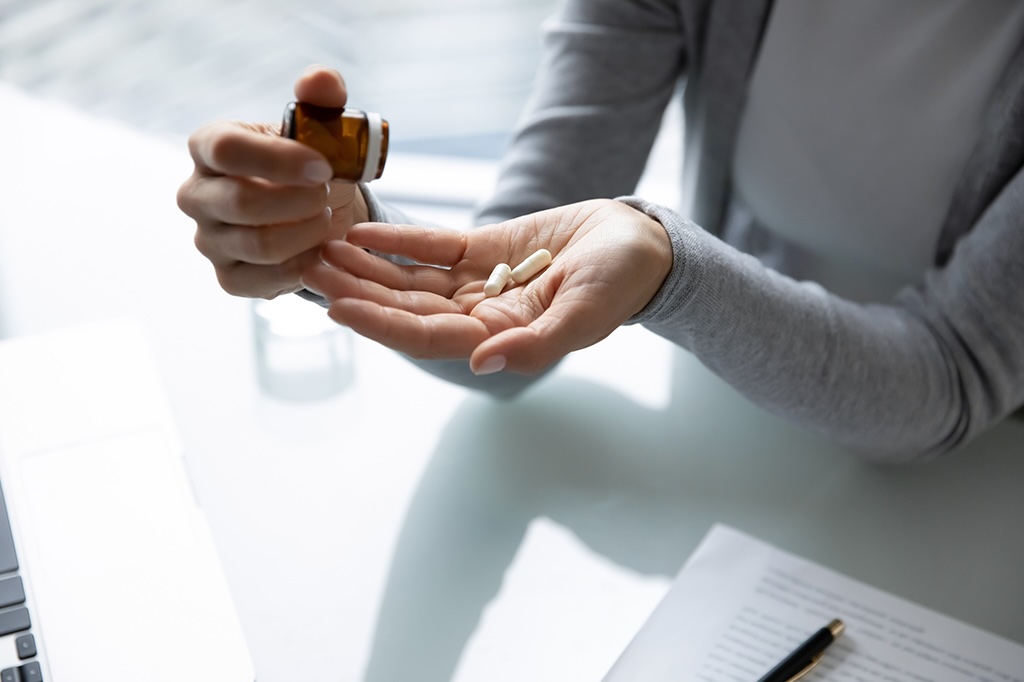
Causes of Prescription Drug Abuse
- Pain management: Prescription opioids, like hydrocodone and oxycodone, are frequently prescribed to treat pain. As such, some people might abuse these drugs to numb their physical pain or discomfort.
- Recreational use: Some prescription medications can induce euphoria or a feeling of relaxation, particularly those that impact the central nervous system. As a result, prescription drug abuse may occur from people abusing the drugs for fun or to get “high.”
- Self-medication: Prescription medications are sometimes used by people to treat their mental health disorders, such as depression or anxiety. This may be an attempt to manage mental health symptoms or emotional distress without seeking the appropriate medical attention.
- Peer pressure: Prescription drug abuse can be greatly influenced by social factors and peer pressure. Friends and acquaintances may put pressure on someone to begin using medications recreationally.
- Availability: Accessibility to prescription medications, whether via written prescriptions for oneself, sharing, or obtaining them illegally, can lead to abuse. Prescription drugs might be more easily accessible to certain people than illegal drugs.
- Risk ignorance: Some people may be unaware of the possible risks and hazards connected to the abuse of prescription drugs. People might think that just because a doctor prescribes a drug, it must be safe by nature.
- Physical dependency: Physical dependence may result from long-term use of some prescription drugs. When the initial medical need for the drug is no longer met, people may keep taking it to prevent withdrawal symptoms.
- Escape from reality: Prescription drugs can be used as an escape from reality to deal with stress, issues, or the difficulties of day-to-day living. This kind of escape has the potential to result in an unhealthy drug dependence.
- Genetic predisposition and environmental factors: Prescription drug abuse is more likely in individuals with genetic predispositions and in situations where there is a family history of substance abuse.
Prescription Drug Withdrawal
Prescription drug detox and withdrawal break physical dependence on a substance. Symptoms vary depending on the drug but can include:
- Anxiety
- Cravings
- Depression
- Fever
- Headaches
- Insomnia
- Nausea, vomiting, and diarrhea
- Paranoia, hallucinations, and delusions
- Profuse sweating, chills
- Tremors
- Irregular heart rate and blood pressure
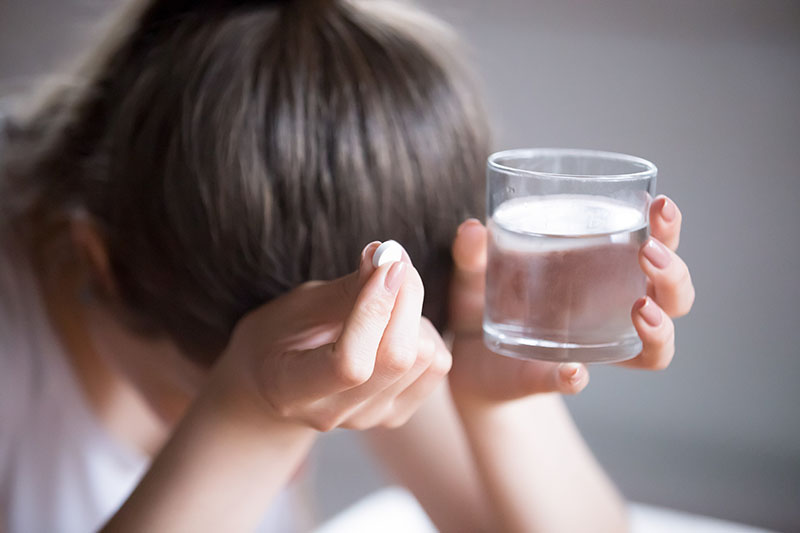
Legal Risks of Possessing Prescription Drugs Without a Prescription
Possession of prescription drugs without a valid prescription is illegal and can lead to severe legal repercussions.
What Are Prescription Drugs?
Prescription drugs are pharmaceutical medications that require a prescription from a licensed physician. Commonly abused prescription drugs include opioids, stimulants, and CNS depressants.
For more information on the various types of detox drugs and what they do, refer to our Types of Detox Drugs & What They Do page.
What Happens if You Get Caught With Prescription Drugs?
Penalties depend on the drug’s classification and state laws. Offenses range from misdemeanor possession to felony trafficking.
Can You Carry Prescription Drugs Without the Bottle?
In some states, it is illegal to carry prescription drugs without the original bottle. Improper storage can result in arrest and prosecution.
Possession of Prescription Drugs Not Prescribed to You
Possession of prescription drugs without a prescription is illegal and can lead to arrest, prosecution, and severe penalties.
Getting Caught High on Prescription Medication
Illegal use of prescription drugs is a criminal offense and can result in a criminal record and additional penalties.
Help for Prescription Drug Abuse & Addiction
Stress and Prescription Drug Abuse in Physicians
Commonly Abused Drugs
- Painkillers: Oxycodone, hydrocodone
- Sedatives
- Stimulants
Unique Needs of Physicians
Why Prescription Painkiller Addiction Is So Common
Different Kinds of Painkillers
- Morphine
- Oxycodone
- Fentanyl
- Buprenorphine
Dangers of Painkiller Addiction
- Seizures
- Overdose
- Legal problems
- Thoughts of suicide
- Loss of job
- Homelessness
- Death
Painkiller Addiction Treatment

A Personal Account: Replacing Painkillers with Luxury Drug Rehab
Before I went to luxury drug rehab, I was addicted to painkillers for a long time.
When I was using, the extremes that I went to get my next high were just that: extremes. Nothing could stop me from finding a way to get what I needed. It sounds twisted but I know that I can use that motivation and determination to stay clean and sober. While it was the meth that contributed to my determination to get my next high, I know my personality and my inner determination also played a role. I can be a stubborn bull when it comes to getting what I want.
I began experimenting with drugs – in my teen years. I tried everything from alcohol to marijuana to acid to cocaine. By my mid-twenties, I discovered oxycontin (oxy) and it quickly became my drug of choice.
When I was growing up my parents had sent me to several different rehabs in California. None of them ever worked for me so I stopped believing that rehabs work. But now I’ve learned that it wasn’t that rehab doesn’t work. It was that I didn’t work the steps.
I didn’t do anything my therapists told me to do in terms of going to meetings or getting a sponsor or keeping only positive influences around me in my life. My attitude had become like Charlie Sheen (and a lot of the other Hollywood celebrities too) toward rehab. Today I realize that without taking any of the necessary steps, it is very easy to fall back into your comfortable and delusional world of drug addiction.
I knew I could have never given up drugs on my own. It finally took my husband giving me an ultimatum that he would leave and take away my baby girl forever for me to agree to go to this luxury drug rehab. He tried to explain to me that this rehab was different from the previous rehabs I had gone to several times before. He said they don’t want patients who are going to treat rehab like a revolving door that you keep going back into. He said they use a behavioral health holistic approach for treating their patients as a whole person. I still didn’t believe a word of what he was telling me. But the catalyst for me was when I recognized the very high probability that I would lose my daughter forever if I didn’t go and try this luxury drug rehab place in Florida.
I thank god that my inner determination stepped forth and gave me the strength to get the help I desperately needed. Today I sometimes tremble when I realize that my little girl is only in my life because I finally went and got help, the right help that worked for me. I am eternally grateful to my husband for sticking by me and doing what needed to be done so I can be here for my little girl.
For more information about our luxury addiction treatment in Palm Beach, call Seaside Palm Beach or reach out to us online today.
Painkiller Addiction Treatment
Accepting that dependence is present is one of the most courageous things a person can do. Seaside offers luxury drug and alcohol rehab in South Florida designed to effectively guide you on the road to recovery.
You will be attentively guided through any withdrawal symptoms before beginning treatment.
To learn more about our high-end rehab, call Seaside Palm Beach at 561-677-9374 today.
Related Readings:
Is There Really an Opioid Epidemic?
To learn about how social media can play a role in addiction recovery, visit Social Media & Addiction Recovery: How It Can Help.
